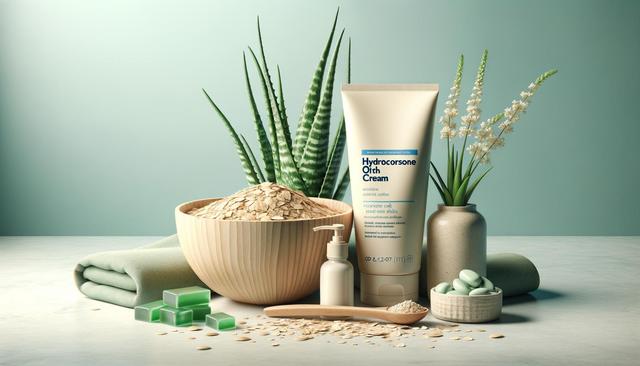Common Causes of Itchy Skin
Many people experience itchiness at some point in their lives, but understanding what cause itchy skin can help address the problem more effectively. The sensation of itching, also known as pruritus, can result from various factors ranging from simple dryness to more complex medical conditions. Common causes include:
- Dry skin due to weather changes or frequent bathing
- Allergic reactions to skincare products or laundry detergents
- Insect bites or stings
- Skin conditions like eczema, psoriasis, or dermatitis
- Internal conditions such as liver or kidney disease
Determining the underlying reason for your itch can guide you toward the most appropriate treatment. If the itching persists or worsens, seeking medical advice is recommended to rule out more serious issues.
Why Itchy Skin Often Gets Worse at Night
Many individuals report their itchiness intensifies after dark, which leads to questions like what cause itchy skin at night. There are several reasons why nighttime itching can be more noticeable:
- The body’s natural circadian rhythm increases blood flow to the skin in the evening
- Temperature and humidity changes during sleep may irritate the skin
- Lying still can make itching more noticeable
- Reduced distractions at night may heighten the perception of itch
To alleviate nighttime discomfort, consider using breathable bedding materials and maintaining a cool room temperature. Applying a skin best lotion for itching before bed can also soothe the skin and reduce nighttime irritation.
Effective Treatments: What to Take to Stop the Itch
When you’re wondering what to take to stop itch, it’s important to consider both over-the-counter remedies and lifestyle changes. Medications and topical creams can provide targeted relief while addressing the underlying cause. Some common options include:
- Antihistamines for allergy-induced itchiness
- Topical corticosteroids for inflammation
- Moisturizers designed for sensitive or dry skin
- Cool compresses to calm irritated areas
Choosing the best itching cream depends on the condition of your skin and the cause of the itch. Products with ingredients like menthol, pramoxine, or colloidal oatmeal are often recommended for their calming effects.
Natural Relief for Itchy Skin
For those seeking a gentler approach, natural relief for itchy skin can be just as effective when used properly. Home remedies and natural treatments are especially useful for mild itchiness or when looking to complement conventional treatments. Some natural options include:
- Aloe vera gel for its cooling and anti-inflammatory properties
- Oatmeal baths to soothe irritated skin
- Coconut oil to lock in moisture
- Chamomile or green tea compresses
While natural methods are generally safe, it’s important to test any new product on a small area first to avoid adverse reactions. If your symptoms persist, consult with a healthcare professional to explore other options.
Choosing the Right Skincare Products
When managing itchy skin, selecting the right skincare products is essential. Using a skin best lotion for itching can make a significant difference in comfort and skin health. Look for products that are:
- Fragrance-free and hypoallergenic
- Made with hydrating ingredients like ceramides or hyaluronic acid
- Formulated for sensitive or eczema-prone skin
Consistency is key—daily moisturizing and gentle cleansing can help prevent flare-ups and maintain skin balance. Avoid harsh soaps and exfoliants that can strip the skin of its natural oils and worsen the itch.
Conclusion: Finding Relief and Comfort from Itchy Skin
Itchy skin can range from a mild nuisance to a persistent issue that affects sleep and daily activities. By identifying what cause itchy skin, especially what cause itchy skin at night, you can better tailor your approach to treatment. Whether you’re exploring what to take to stop itch, searching for the best itching cream, or trying natural relief for itchy skin, effective options are available. With the right care and attention, you can soothe your skin and improve your overall well-being.




Leave a Reply